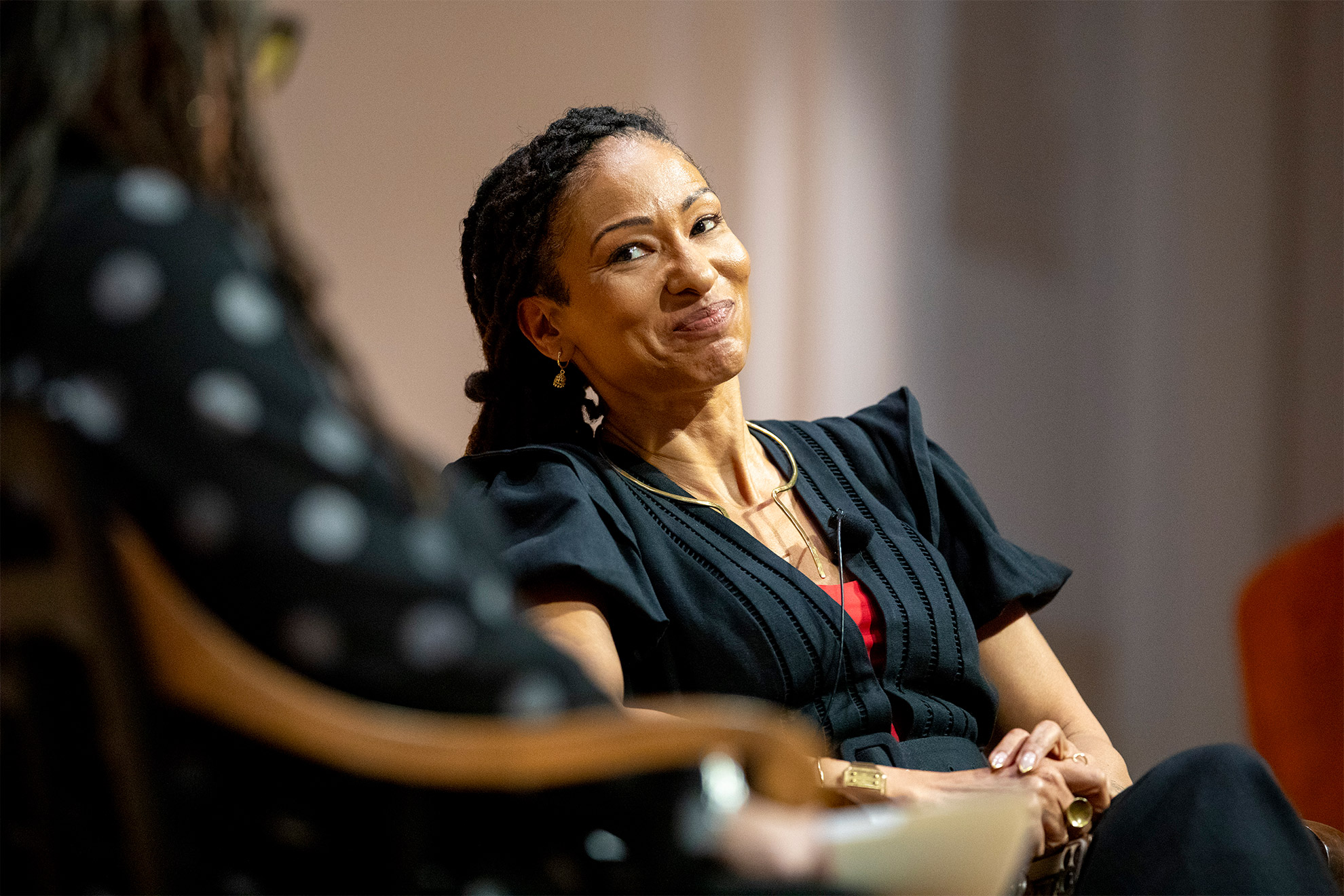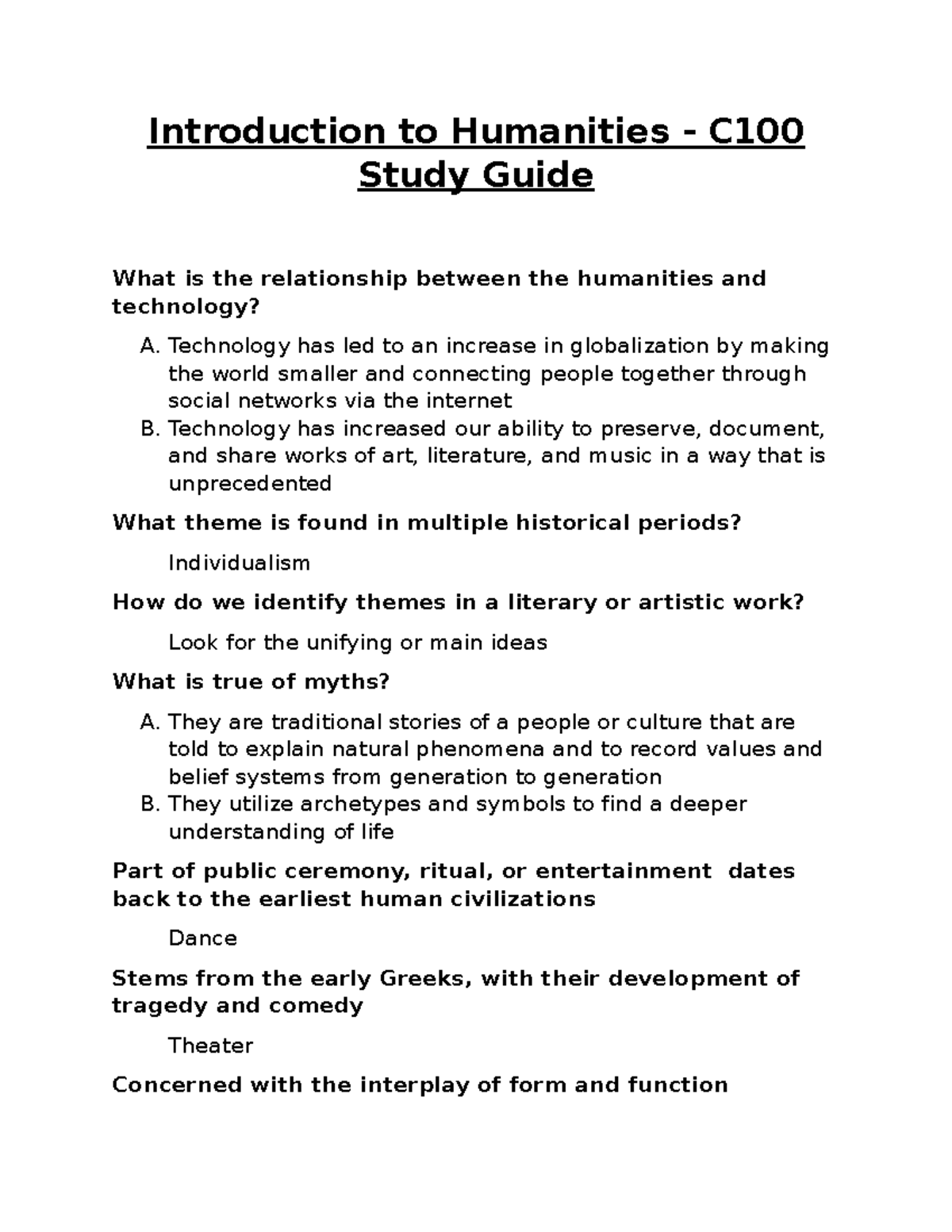AI and Social Justice are critical themes in today’s rapidly evolving technological landscape. As leading scholars like Ruha Benjamin emphasize, the integration of artificial intelligence into societal frameworks often reflects deeper systemic inequalities rather than solutions for them. Benjamin argues that while the future of AI is frequently portrayed as a pathway to progress, it often perpetuates oppression, particularly for marginalized communities. This calls for a reevaluation of how we integrate human values into AI development, ensuring that social justice remains at the forefront of these innovations. By fostering a dialogue that bridges technology with the arts and humanities, we can redefine the narrative and cultivate a future that champions equity, creativity, and holistic well-being.
Exploring the intersection of technology and equity, the conversation around artificial intelligence and its societal implications is more pertinent than ever. In this context, discussions led by thought leaders like Ruha Benjamin shed light on the necessity of aligning emerging technologies with values of justice and inclusion. The ongoing evolution of AI offers both risks and opportunities; when we prioritize collective well-being and address historical injustices, we can navigate toward a more equitable future. Benjamin’s vision advocates for integrating diverse knowledge systems, particularly from the arts and humanities, to enhance policymaking and technological design. Ultimately, reimagining our approach allows us to not only critique existing systems but also to creatively construct alternative futures that dismantle oppression.
The Promise of AI and its Social Justice Implications
In her insightful discussion at the Tanner Lectures, Ruha Benjamin examined the intricate relationship between artificial intelligence (AI) and social justice. She posited that while technological advancements hold immense potential for improving human lives, they simultaneously risk perpetuating existing inequalities. Benjamin highlighted how AI tools, often marketed as revolutionary and efficient, can lead to dire consequences for marginalized communities. For example, instances of facial recognition technology contributing to wrongful arrests reveal the darker side of these innovations, which may inadvertently reinforce systemic biases. Thus, it becomes essential to interrogate the implications of AI through a social justice lens, ensuring that these technologies serve the collective good rather than exacerbate injustices.
Moreover, Benjamin urged for heightened awareness of who is driving the narratives around AI. Many of the influential voices in tech, often billionaires with personal agendas, advocate for a future that prioritizes profit over people. Their visions are frequently framed as altruistic, obscuring their underlying motives. Benjamin’s call for scrutiny emphasizes that public discourse around AI should not be solely shaped by tech elites. Instead, a diverse range of perspectives, including those grounded in social science and the arts, is necessary to foster a future that truly embodies fairness and equity.
Institutions of higher learning, like Princeton, have a critical role in shaping the future of AI through research and education. Benjamin advocates for an integrative approach, one that combines technical expertise with wisdom drawn from the arts and humanities. She emphasizes that to tackle complex societal issues effectively, we must cultivate a holistic understanding of the human experience. This requires educators to foster an environment where creativity flourishes and interdisciplinary dialogue is encouraged. The call to bridge technological innovation with human values is not just timely; it’s vital for crafting AI that enhances society rather than undermines it.
Benjamin’s vision prompts us to rethink our current frameworks. Instead of embracing a narrow view of progress characterized by technological superiority, what if we envisaged a paradigm shift towards communal well-being? By prioritizing social justice, we can ensure that future advancements align with the collective values of empathy, equity, and inclusivity. A commitment to these principles in AI development can create technologies that uplift rather than alienate, ensuring that the future is both innovative and just.
Rethinking Human Values in the Age of AI
The rapid development of artificial intelligence urges us to reassess foundational human values. Ruha Benjamin eloquently argues for an approach to technology that transcends mere functionality, advocating for a perspective rooted in the humanities. In an era where algorithms dictate various facets of life, humans must strive to embed ethics and empathy at the core of technological advancement. This means pushing back against the notion that mathematics and computational prowess can autonomously drive morally sound decisions. Instead, we ought to deliberate on our shared values and how technologies can reflect them, ensuring they contribute positively to society.
Benjamin’s assertion that technological solutions should not be left exclusively to those with technical know-how highlights the need for inclusivity in conversations about AI. It is imperative that scholars from the arts and humanities are brought into the fold, providing insights that range from ethical considerations to cultural contexts. This holistic engagement can help us avoid the pitfalls of a solely data-driven worldview, thereby fostering innovations that celebrate rather than undermine human dignity.
In light of these discussions, there is a pressing need for educational institutions to rethink their curricula. Benjamin emphasizes prioritizing interdisciplinary studies that align STEM fields with the humanities. By incorporating social critique and ethical reasoning into technical training, universities can prepare future leaders who are not only skilled in technology but also sensitive to its societal implications. Encouraging students to consider the ‘why’ behind technological developments fosters a richer understanding of how those innovations impact lives, especially the lives of the underrepresented.
Ultimately, to harmonize the future of AI with human values, we must cultivate an atmosphere of creativity and critical thinking. Benjamin’s vision invites us all to participate in the discourse, challenging the status quo and envisioning a world where technology truly serves humanity. This necessitates a collective imagining of alternatives that reject harmful paradigms and promote inclusiveness in ensuring technology uplifts social justice.
Creativity and Imagination in AI Development
Ruha Benjamin’s call for creativity and imagination in the realm of artificial intelligence is profoundly significant. She encourages us to break free from conventional frameworks that often dictate the boundaries of what technology can achieve. By inviting interdisciplinary creativity into discussions on AI, we open doors to innovative solutions that can address systemic issues in society. The intersection of arts with science can yield transformative ideas that do not merely focus on efficiency but on fostering human connections and understanding. Benjamin believes that reimagining AI requires not only technical expertise but also a robust engagement with cultural narratives and social justice imperatives.
Creativity, in Benjamin’s view, is not just an artistic endeavor; it’s an essential component of ethical technological development. By empowering technologists and designers to think outside traditional constraints, we can birth AI systems that resonate with humanitarian goals and social equity. This perspective shifts the narrative from a mechanistic view of technology to one that prioritizes humanistic considerations, advocating for an AI that elevates discourse and nurtures community.
Moreover, fostering creativity involves dismantling the mental barriers that often inhibit bold thinking. Benjamin implores us to embrace the possibilities of the future without succumbing to the cynicism that might murmur, ‘It’s impossible.’ By cultivating an imaginative approach, we encourage individuals to engage in thought experiments that jailbreak society from oppressive structures. As we envision AI that transcends policing, surveillance, and economic disparity, we must cultivate spaces where radical ideas can flourish.
In doing so, we prepare the ground for a future where artificial intelligence serves as a tool of liberation rather than oppression. The artistry of human experience—its complexities and diversities—must inform technological progress. Emphasizing creativity allows us to dream expansively, to envision a world that not only protects but also celebrates the value of every individual, safeguarding against the possible pitfalls of unchecked technological advancement.
The Role of Higher Education in AI and Social Values
Higher education plays a pivotal role in shaping the discourse around AI and its relation to social values. Ruha Benjamin’s advocacy for an interdisciplinary approach underscores the necessity for educational institutions to integrate ethics, sociology, and humanities into their STEM programs. This combination is vital for cultivating future leaders who understand the implications of their innovations within the societal fabric. By embedding social justice principles into the curriculum, universities can inspire students to create technologies that not only advance knowledge but also prioritize human dignity and equity.
The inclusion of the arts and humanities in education enriches the landscape of technological development. It encourages students to analyze the societal impacts of AI critically and to envision solutions that honor diverse experiences and histories. Such holistic education forms thinkers who are equipped to challenge and redefine prevailing narratives around technology, ensuring that advancements contribute positively to societal well-being.
Additionally, universities have the responsibility to foster environments that encourage inquiry and creativity. Benjamin’s remarks urging academic institutions to prioritize this type of exploration can lead to breakthroughs in how we tackle issues related to AI and social equity. Educational settings must become incubators of innovation where the next generation can experiment with ideas that transcend conventional limitations, potentially leading to groundbreaking approaches in designing AI systems that are socially aware and ethically grounded.
This shift in focus not only bolsters innovation but also prepares students to engage with the global challenges of our time, framing technology as a means to promote justice rather than a source of oppression. As institutions of higher learning embrace this mandate, they will contribute significantly to a future in which AI enriches society in pursuit of collective welfare and human flourishing.
Frequently Asked Questions
How can AI contribute to social justice according to Ruha Benjamin?
Ruha Benjamin argues that AI has the potential to contribute to social justice if developed with human values at the forefront. She emphasizes the importance of incorporating insights from the arts and humanities to ensure AI technologies address societal needs and do not perpetuate existing inequalities.
What are the dangers of AI technologies in the context of social justice?
According to Ruha Benjamin, many AI technologies, often marketed as progressive, can actually exacerbate oppression. Examples include biased facial recognition systems leading to wrongful arrests and automated systems that decide healthcare access, which can disproportionately affect marginalized communities.
Ruha Benjamin discusses the future of AI in relation to social justice. What key points does she make?
Benjamin highlights the need to critically assess the motivations behind AI developments, often driven by self-interest rather than the collective good. She calls for a diverse range of knowledge to be involved in creating AI systems that truly benefit society and reflect social justice principles.
Why does Ruha Benjamin believe imagination is essential in the discussion of AI and social justice?
Benjamin argues that imagination is crucial because it allows people to envision alternatives to harmful systems. She advocates for a creative approach to rethinking AI technologies, encouraging an exploration of possibilities that prioritize public goods like affordable housing and transportation over elite technological fantasies.
What role do arts and humanities play in shaping the future of AI and social justice, according to Ruha Benjamin?
Ruha Benjamin stresses that the arts and humanities are vital for grounding AI development in human values and societal needs. By integrating these disciplines, we can cultivate a better understanding of the social implications of AI and promote technologies that are equitable and just.
How does Ruha Benjamin critique the current narrative around AI advancements?
Benjamin critiques the narrative that positions AI as a wholly positive or neutral force. She argues that this perspective overlooks the historical and social contexts that have shaped technology, often leading to solutions that ignore the needs of the most disadvantaged.
What vision does Ruha Benjamin propose for a socially just future with AI?
Benjamin envisions a future where AI systems are redesigned through a social justice lens, prioritizing community well-being and dismantling harmful structures like policing and surveillance. She advocates for collaborative, imaginative approaches to problem-solving that challenge conventional barriers.
How can individuals engage with AI development to promote social justice?
Individuals can engage by advocating for inclusive practices in AI development, supporting policies that emphasize ethical considerations, and participating in discussions that integrate diverse perspectives. These steps are crucial for ensuring that AI serves the public good and advances social justice.
| Key Point | Explanation |
|---|---|
| AI and Social Justice | Ruha Benjamin highlights the need for a critical approach towards AI in relation to social justice. |
| Tech Elites’ Agendas | Billionaire CEOs often promote AI futures that may disregard the collective good, driven instead by self-interest. |
| Misuse of AI Technologies | AI tools like facial recognition can perpetuate oppression, leading to damaging societal consequences. |
| Need for Diverse Knowledge | Benjamin advocates for including diverse perspectives, especially from the arts and humanities, in tech discussions. |
| Creativity in Inquiry | She urges a shift from merely critiquing systems to reimagining them creatively for a more just future. |
Summary
AI and Social Justice is a crucial topic that demands our attention as we navigate the evolving technological landscape. Ruha Benjamin emphasizes the importance of envisioning a future that is not merely improved but fundamentally transformed to serve the collective good. By questioning the priorities set by tech elites and advocating for the inclusion of diverse voices, especially those from marginalized communities, we can challenge the oppressive structures that AI may reinforce. Embracing creativity and imaginative solutions will empower us to build a fairer society where technology serves humanity, rather than undermines it.



